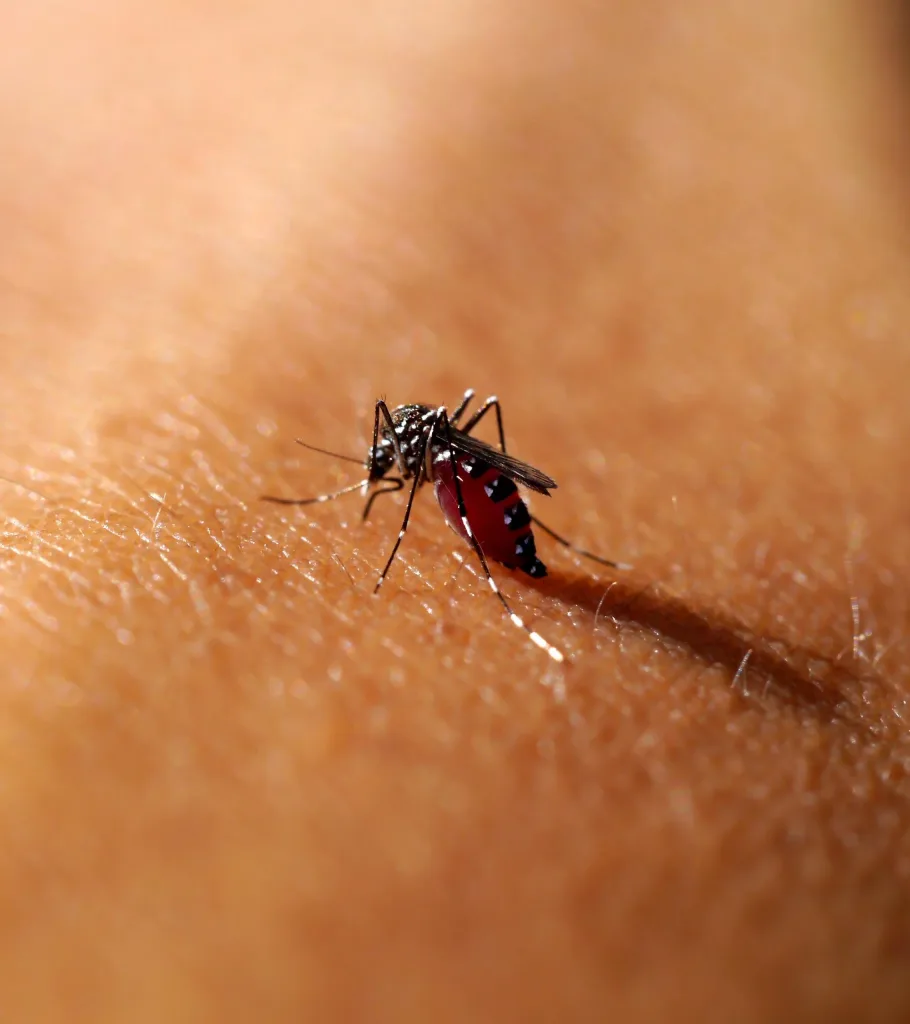Nigeria’s malaria burden continues to rise, with at least 24.47 million cases reported between January and September 2025, according to the Federal Ministry of Health and Social Welfare. The 2025 National Health Statistics Report reveals a steady increase in the number of people presenting with fever and undergoing malaria screening through Rapid Diagnostic Tests and microscopy.
The country, which remains one of the world’s most malaria-endemic nations, faces significant structural health challenges, including delayed health-seeking behavior and inadequate access to quality medical services. Public health specialists attribute the escalating trend in infections to these factors, combined with the prolonged rainy season that supports mosquito breeding.
Data from the report shows that 34.8 million malaria tests were conducted between January and September, with 10.5 million tests carried out in the first quarter, 11.4 million in the second quarter, and 12.8 million in the third quarter. The number of positive cases followed a similar trajectory, with 7.3 million in the first quarter, 7.8 million in the second quarter, and 9.3 million in the third quarter.
The report also highlights the rising caseload in terms of malaria treatment. A total of 23.85 million Nigerians received Artemisinin-based Combination Therapy (ACT) between January and September, with 7.1 million treated in the first quarter, 7.6 million in the second quarter, and 9 million in the third quarter.
Speaking at the 2025 Joint Annual Review in Abuja, the Minister of State for Health and Social Welfare, Dr. Iziaq Salako, noted that the National Malaria Eradication Programme has made significant progress but emphasized the need for intensified interventions to curb transmission and strengthen nationwide malaria control efforts.
The persistent surge in malaria cases underscores the need for sustained efforts to address the disease in Nigeria. The country’s health authorities must continue to work towards improving access to quality medical services, promoting timely health-seeking behavior, and implementing effective malaria control measures to reduce the burden of the disease. With the rainy season expected to continue, it is essential that stakeholders remain vigilant and committed to combating malaria in Nigeria.
